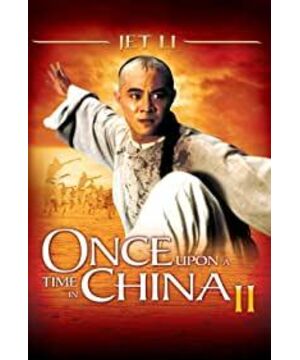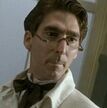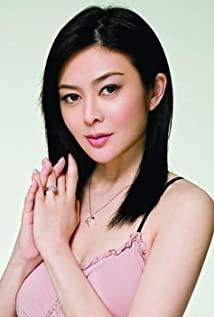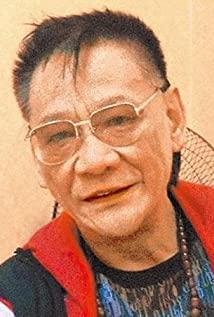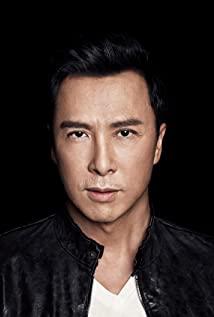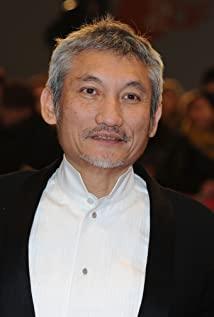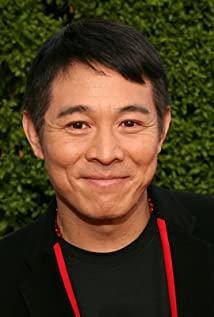/
The Past Trilogy of Sergio Leone (Once Upon a Time in the West), "Once Upon a Revolution", Once Upon a Time in America"), the first precedent for the title of "Once Upon a Time", a film titled "Once Upon a Time" requires the creator to have a broad vision and artistic attainment in handling grand narratives. It exudes a sense of history that is so thick and strong that people can't let it go--In "Childhood" (Hou Hsiao-hsien), which describes the theme of youth growth, also reflects the looming shadow of history, but imitates John Woo's Rodriguez's "Once Upon a Time in Mexico" and "Mexico". The recent domestic film "Once Upon a Time in Taiwan" is purely a bluff, pulling up the tiger skin of "the past" and making an empty banner.
"Once Upon a Time in China", the English translation of the "Once Upon a Time in China" series. Using "Once Upon a Time in China" to name the Wong Feihong trilogy ("Once Upon a Time", "Men Be Self-improvement", "The Lion King"), all the Shows Tsui Hark's ambition to visualize history.
For our generation, the official history books are too rigid, and the purpose of the writers seems suspicious, and the unofficial stories outside the official history, especially the Qing Dynasty court dramas that have become popular in recent years, have a negative impact on the correct historical view of the younger generation in China. Formation is simply a disaster. Someone once joked that if Huang Renyu's "The Fifteen Years of Wanli" was adapted into a movie, it would be directed by Tsui Hark, and I deeply agreed. The "Once Upon a Time" trilogy allows people to understand the macroscopic history in a perceptual audio-visual language.
Wandering away, don't ask the cause, only to see the afterglow in the middle of the mountain, taking care of a sad person. There is a long way to go, and I can't help but feel sad; I can't help but burst into tears... You see Shen Shen and Mu Ai, the west wind is tight, the south is flying and the north is swallowing, I am afraid to hear from the guests...
---- "Men Be Self-improvement" Cantonese Lyrics
In this sad sigh of an old folk artist, in less than three minutes, Tsui Hark rendered the atmosphere of the era of China in the late Qing Dynasty precariously. As many as 32 shots, switching frequently, but in rhythm and color with the music. , the emotional correspondence is exactly the same, conveying a rich amount of information of emotions and scenes: the political current situation of internal and external aggression, the conflict between Eastern and Western civilizations, the numb and ignorant citizens, and the conservative and stubborn Qing government officials. With Tsui Hark's meticulous creation of the environment and the use of imaginative props, the "Once Upon a Time" trilogy can almost become the most vivid and contagious history textbook of the late Qing Dynasty.
Having lived through the Anshi Rebellion and witnessed the Tang Empire's radiance from the glorious and prosperous times to the decline of the Western Mountains, the great realist poet Du Fu wrote one after another sad songs of the troubled times with a gloomy brushstroke, which is called "Poetry History"; Tsui Hark's troubled times complex comes from His earnest attention to the fate of the country and the nation, and his sympathy for the difficulties of people's livelihood in the ups and downs of history. His video skills in analyzing people's hearts in troubled times and depicting scenes in troubled times are like Du Fu's poems, which are precise, concise, expressive, and full of rhythm and rhythm.
Since ancient times, we have had people who worked hard, those who worked hard, those who asked for their lives for the people, and those who sacrificed their lives to seek the law. Although it is equivalent to writing the so-called "official history" for emperors and generals, They often fail to hide their brilliance, which is the backbone of China.
-----Lu Xun's "Have the Chinese Lost Their Confidence?"
Chinese history has never lacked heroes, but Chinese films, like Chinese literature, lack of heroes is the biggest regret. Forget those domestically produced ideologically strong after the founding of the People's Republic of China Hero movie, the real heroic epic on the Chinese screen, in my opinion, only the "Once Upon a Time" trilogy.
Like all Huang Feihong traditional movies, Jet Li's version of Huang Feihong is extraordinary in martial arts and possesses the traditional virtues of benevolence, righteousness, courtesy, forbearance. But Tsui Hark is Tsui Hark, the old bottle is still there, the new wine is poured out, and the image of Huang Feihong is already completely new with him.
The first part of the trilogy, "Once Upon a Time", basically continues the traditional model of punishing evil and promoting good in the plot. The image of Huang Feihong is still positioned as a chivalrous person. Just facing the chaotic and turbulent current situation, he felt a lot of confusion and confusion in his heart: If Jinshan really exists, why do foreigners and foreign ships come to Tangshan? Perhaps, we have already stood on the golden mountain.
In the second part of "Men should be self-improvement", Huang Feihong has participated in the revolutionary movement against the feudal monarchy - the unsuccessful Guangzhou Uprising led by Sun Wen and Lu Haodong, and has a preliminary understanding of Western advanced culture - medical skills and education , but in the torrent of history, he is still only a supporting role or a witness.
In the third film "The Lion King", this folk martial artist who has been active on the Hong Kong screen for half a century has stepped into the Forbidden City and has also stepped into the big historical category of China. Huang Feihong's northward journey is undoubtedly a metaphor for the historical past of modern China: a man from the south who changed the history of China under the rule of the northern regime. A warrior, in the throes of Eastern and Western cultures, finally awakened and became the incarnation of countless pioneers who sought the way of national prosperity in that era
. People... From the point of view of the common people, we not only need to practice martial arts to strengthen our bodies and resist foreign enemies, but the most important thing is to broaden the wisdom of the people and integrate wisdom and martial arts. Please think twice, Mr. Li.
This eloquent admonition to Li Hongzhang, even if it is given to the rulers of China today, still has a deafening warning effect. What's the point of holding an Olympic Games like the lion race of the Empress Dowager Cixi if it doesn't allow for free debate? What's the point of spending the treasury and money just to get more gold medals? Huang Feihong and the third doctor of law of the People's Congress who wrote to the top leadership of the CCP for questioning the legitimacy of the closure of Peking University's messy BBS. spine".
The history of the romance, the history of the romance, the textual research of arguing about the truth and the false is always ridiculous. The history and reality of China in the past 150 years, as well as the inferiority of the people formed in the historical dye vat, have many innuendo in Tsui Hark's films, which also made Tsui Hark put too much enthusiasm in Huang Feihong, "Huang Feihong" " trilogy, the first time that Hong Kong films transcended the level of popular entertainment consumption.
In the exciting drum beats and sonorous suonas at the end of "The Lion King", Huang Feihong's bloody body marked a successful conclusion for the "Once Upon a Time" trilogy, leaving us with fearless courage , is an invincible skill, but also fills the images with the heroic righteousness and unyielding spirit of a man, just like all ancient heroic epics.
View more about Once Upon a Time in China II reviews


